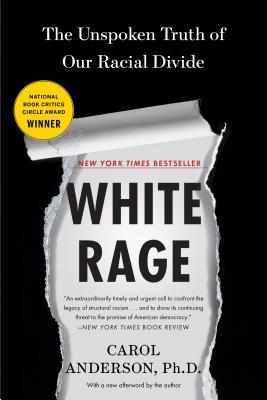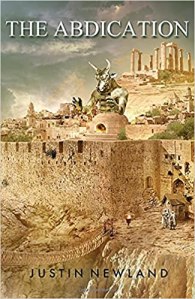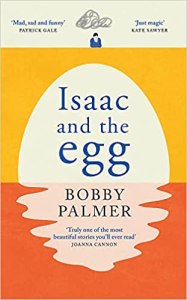
“This is how we begin to defuse the power of white rage. It is time to move into that future. It is a future where the right to vote is unfettered by discriminatory restrictions that prevent millions of American citizens from having any say in their own government.”
Author: Carol Anderson
Type: Non-fiction
Published: 2016
Pages: 178
TW: Graphic description of murder, lynching, torture, death, rape, racism,

Books like these are so vital in our education and it’s so important to not only read them, but walk away questioning things too. The point of this book isn’t to invoke anger – it’s to invoke change. Anderson’s contribution to this movement is a perfect book to read regardless of your previous understanding of Black history; even if you consider yourself ‘woke’ and feel you’re educated, keep going, read this and all the other books too and stay informed always!
8.3Informative, Powerful, Exhaustive
I took my time with this book as the subject matter is heavy, and while it was clearly exhaustively researched and therefore very informative, there’s a lot of jargon and political history which made it quite a lot to digest. That being said, everything was very relevant and helped build Anderson’s points well, so while all very necessary, take your time reading it!
For me the most striking parts of the book was the more modern sections as I’ve lived through them so had a better understanding of them. From gerrymandering to preventing ex-convicts from casting a ballot, spelling mistakes and asking for specific forms of ID, the lengths taken to ensure that Donald Trump and his administration went to in order to be elected was astonishing. What’s clear from Anderson’s words are that this effort shouldn’t be surprising – it’s been happening in one form or another for hundreds of years.
White Rage is the exploration of the African American experience in the USA. Author Carol Anderson takes the reader through history, from the abolition of slavery to the first Black president of the USA. The book explores the advancement of Black rights and pulls into question moments in history where ‘white rage’ prevents this progress.
Review overview
Summary
Anderson’s words and research really speak for themselves, and one of the most poignant passages for me reminded me of reading Narrative of the Life of Fredrick Douglass and his emphasis on the importance of education: “Since the days of enslavement, African Americans have fought to gain access to quality education. Education can be transformative. It reshapes the health outcomes of a people; it breaks the cycle of poverty; it improves housing conditions; it raises the standard of living. Perhaps, most meaningfully, educational attainment significantly increases voter participation. In short, education strengthens a democracy.” Her powerful words really are a call to arms to incite change.






